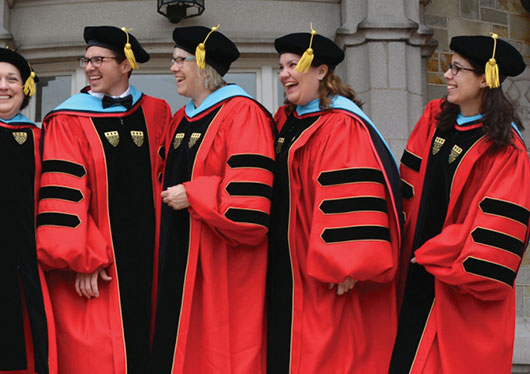Curriculum can be considered to be a pretty dynamic interplay between assessment, pedagogy, and content. Harvey Shapiro Northeastern University says that both summative and formative assessments are vital for good teaching, and tend to be key factors in shaping the nature of a curriculum. Professor Harvey Shapiro is a faculty member at Northeastern University in the Department of Education. He teaches courses on curriculum design and assessment, making him an ideal candidate for providing better insight into the topic. He recently served as a peer reviewer for Teachers College Record and Studies in Philosophy and Education as well.
Curriculum development broadly talks about the multiple ways in which a teaching professional or organization might plan and guide learning experiences. This learning can take place with individual learners, as well as groups. According to Harvey Shapiro Northeastern University, curriculum development includes multiple important activities and processes like conceptualizing the curriculum, designing and organizing the content and learning experiences, as well as determining the method and ways of providing these experiences. Ultimately evaluating the learning outcomes in terms of attaining the desired educational objectives also comes under curriculum development.
A curriculum is right at the heart of the school, college, or university experience. It must be revised and reviewed on a regular basis, in order to effectively cater to the ever-changing needs of the students and the society. There are many reasons that make curriculum development a crucial aspect of the learning process. Here are some of them, as underlined by Harvey Shapiro Northeastern University:
- Clear purpose and goals: Curriculum development involve the process of defining clear goals and intended student outcomes. They are specified taking into consideration distinctive details and in behavioral language.
- Continuous assessment and improvement of quality: Having a dependable and valid assessment of the curriculum is pretty vital. The curriculum followed by any institution should be reviewed on a regular basis, in order to maintain its effectiveness when it comes to changing the requirements of the society, on the whole.
- A rational sequence: Educational activities are properly defined and ordered in a developmental sequence in a curriculum. This eventually aids in the formation of a well-planned out curriculum that is focused on distinctive outcomes and goals of the relevant courses.
- Making strategy in teaching and learning: Curriculum development can be pretty fruitful in suggesting appropriate teaching and learning strategies, alongside determining ideal instructional materials and teaching methods. It aids in enabling a proper implementation of the curriculum on the parts of the educators and learners.
- Helps in the selection of learning experiences: Curriculum development is valuable for ideal selection and organization of varying learning experiences. It aids in the selection of the study material and activities, which allows the learners to acquire the goals and objectives of teaching.
Design and development of formative and summative assessment strategies that are aligned with the curriculum go a long way in facilitating the provision of feedback to students and encouraging proactive learning.







